About Safe Campus Advocates
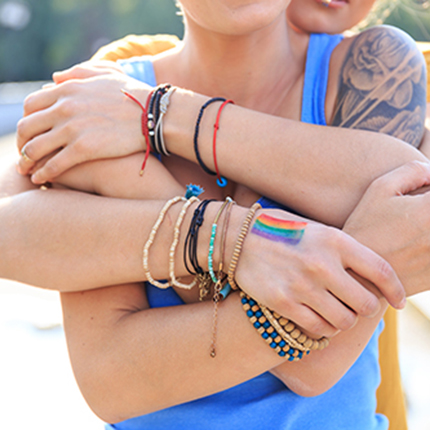 Safe Campus Advocates are faculty and staff volunteers who have participated in trainings on the specific barriers faced by specific groups of students, and have committed to serve as advocates for our students and create a safe space for all students. Advocates are trained to listen, support you, advocate for you, and help you address any concerns you might have, especially if you have concerns regarding prejudice, bias, discrimination, inequitable treatment, microaggressions, or bias-motivated violence.*
Safe Campus Advocates are faculty and staff volunteers who have participated in trainings on the specific barriers faced by specific groups of students, and have committed to serve as advocates for our students and create a safe space for all students. Advocates are trained to listen, support you, advocate for you, and help you address any concerns you might have, especially if you have concerns regarding prejudice, bias, discrimination, inequitable treatment, microaggressions, or bias-motivated violence.*
*Please note that all CCS employees are mandatory reporters and therefore cannot keep reports of abuse confidential.
How to locate an advocate
When you are on campus, look for the Safe Campus decals on office doors. Some faculty may also identify themselves as advocates on your syllabus or in a class announcement. You may also email the Dean of Equity, Diversity, and Inclusion to be directed to an advocate.
Francisco Salinas
francisco.salinas@sfcc.spokane.edu
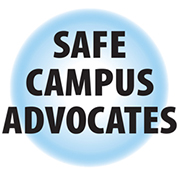
Disabled Students Advocate Badge:
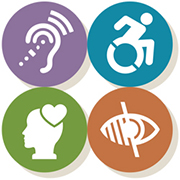
Students of Color Advocate Badge:
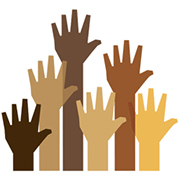
Student Veterans Advocate Badge:
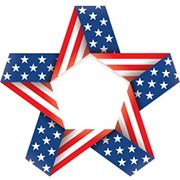
Students from Intergenerational Poverty Advocate Badge:

LGBTQIA+ Students Advocate Badge:
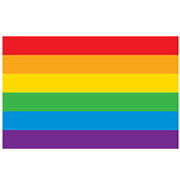
First Generation Students Advocate Badge:
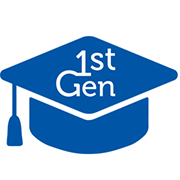
Enhanced Topic Badge:
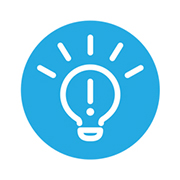
What do the plaques and decals mean?
The Safe Campus Advocate plaques will be filled in with a color decal for the student populations for which the advocate has attended learning sessions (such as students of color, students from inter-generational poverty, student veterans, first-generation college students, international students, disabled students, and LGBTQIA+ students). Stickers on the decals identify the number and dates of sessions completed. Lastly, there is a QRL code at the bottom so you can provide anonymous feedback about your experience with an advocate in a safe space.